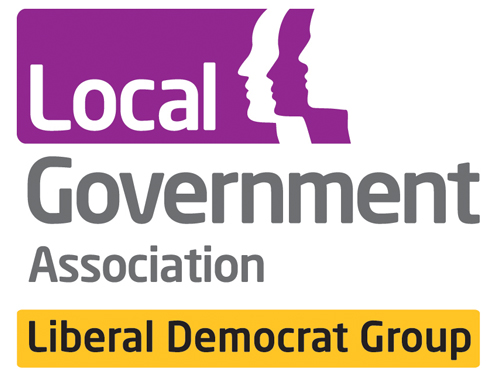
Councils’ ability to replace homes sold under the Right to Buy (RTB) will be “all but eliminated” within five years without major reform of the scheme, new analysis for the Local Government Association reveals.
The current Right-to-Buy system only allows councils to keep a third of each RTB receipt to build a replacement home and prevents local authorities from borrowing to make up the shortfall.
A new analysis by Savills, commissioned by the LGA and published today, examined the impact of continued restrictions on councils’ ability to borrow to build new homes.
It reveals that:
- Two thirds of councils will have no chance of replacing homes sold off under RTB on a one-for-one basis in five years’ time unless a significant restructuring of the scheme takes place.
- Around 12,224 homes were sold under RTB last year. Faced with ongoing borrowing restrictions and based on the levels of sales remaining consistent, the analysis estimates that in 2023 councils would only be able to replace approximately 2,000 of these homes.
- Less than a third of councils would be able to sustain any kind of one-for-one replacement of homes sold under the scheme in five years’ time.
Additional rules applied to RTB, including a significant portion of all receipts being handed over to the Treasury rather than the communities in which the homes sold off are based, are hampering the ability of local authorities to re-invest in housing.
The LGA said that in the last six years, more than 60,000 homes have been sold off under the scheme at a price which is, on average, half the market rate, leaving councils with enough funding to build or buy just 14,000 new homes to replace them.
This leaves a shortfall of 46,000 homes which could have provided secure affordable housing for key workers, victims of domestic violence, veterans, people facing homelessness, and others in desperate need of a home they can afford.
The UK’s average family size is 2.4. Applying this to the number of homes sold off reveals that councils have lost enough homes to house the populations of Basingstoke, Worcester or Lincoln.
Councils are therefore calling for a comprehensive package of reform to the funding of RTB, including allowing all councils to borrow to build new homes, enabling local authorities to keep 100 per cent of all sales receipts, and for councils to have the ability to set RTB discounts locally to reflect community needs.
Cllr Howard Sykes, LGA Liberal Democrat Group Leader, said:
“Enabling all councils to borrow to build and to keep 100 per cent of their Right to Buy receipts will be critical to delivering a renaissance in house building by councils.
“Councils are closest to their communities and it’s essential this money is reinvested in homes in those communities so our residents can access secure, affordable housing. This money is badly needed to deliver homes for our residents – instead of resting in an account in Whitehall, it should be sent back to where it belongs.
“Liberal Democrats are committed to giving councils the ability to decide if they should operate the Right to Buy Scheme, including the level of discount. Until we put local authorities back in the driving seat this problem will only get worse”.
NOTES TO EDITORS
The full report by Savills, commissioned by the LGA, is available on request.
Analysis of individual housing revenue accounts is also available by request to the Local Government Association from individual councils.
Modelling is based on councils building to their maximum potential and does not include the £1 billion of Housing Revenue Account headroom, as plans for allocating this have yet to be published.
The populations of Lincoln, Worcester and Basingstoke are just under or just over 110,000 and are available here.
The average family size is 2.4 people according to the ONS.
ENDS